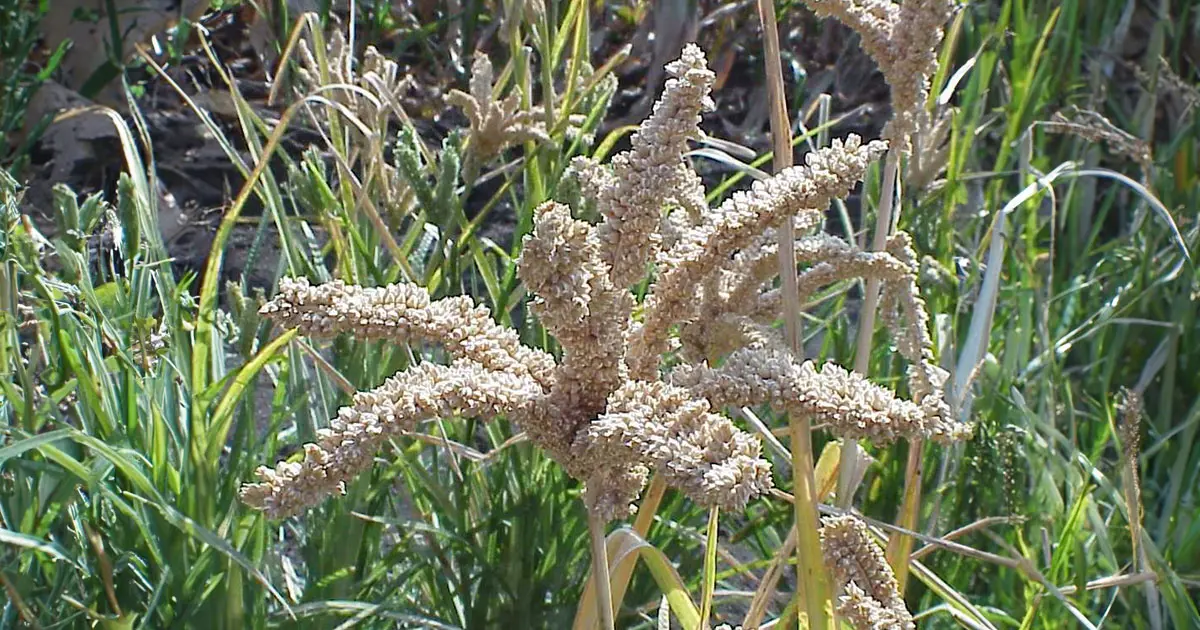India’s Millet Revolution To Enrich Global Food Basket
02 Apr 2023

Millets, a healthier and cheaper substitute to wheat and rice, are indigenous to many parts of the world, especially in the semiarid tropics of Asia and Africa, and offers a big scope for expanding production and consumption in the foodgrain deficient African continent
The Global Millets Conference organised by the Government of India on 18 March in New Delhi is expected to give a big push to these traditional foodgrains the world over, thereby expanding the global grain basket and ensuring global food security.
Millets are small-grained, warm-weather cereals belonging to the grass family. They are highly tolerant of drought and other extreme weather conditions and have a similar or better nutrient content compared to other major cereals. These crops have the advantages of better productivity and short growing season under dry, high-temperature conditions.
Millets have been consumed by humans for about 7,000 years and still are important crops in the semiarid tropics of Asia and Africa (especially in South India, Mali, Nigeria, and Niger).
Millets are indigenous to many parts of the world, although about 97 per cent of millet production is in developing countries. This offers a big scope for expanding millet production and consumption, especially in the African continent.
The most widely grown millets are sorghum and pearl millets, which are important crops in India and parts of Africa. Finger millet, Proso millet, and Foxtail millet are also important crop species.
While the conference on millets (now called Shree Anna), organised by the Agricultural and Processed Food Products Export Development Authority (APEDA), under the ministry of commerce and industry, was aimed at stimulating exports of millets from India and providing market linkage to the producers, the initiative is sure to attract global interest in millets, which is a healthier and cheaper substitute to wheat and rice.
The Global Millets Conference held at the Subramaniam Hall, NASC Complex, Pusa Road, New Delhi, was attended by around 100 Indian millet exhibitors from different parts of the country and around 100 international buyers from various countries like the USA, UAE, Kuwait, Germany, Vietnam, Japan, Kenya, Malawi, Bhutan, Italy and Malaysia.
The event, featuring a series of informative sessions and presentations focusing on various aspects of millets and its value-added products, processing, packaging, and export potential, helped generate a significant impact on the millet industry, further promoting its growth and development in the global market.
The conference also provided a platform for B2B meetings between global and domestic buyers, exporters, progressive growers and FPOs of millets to explore direct marketing and export opportunities for millets and its value-added products.
India’s export of millets, which stood at $64 million in 2021-22, increased by 12.5 per cent from during the period April-December 2023. While the major importing countries were USA, Australia, Japan, Belgium etc in 2011-12, at present the Nepal ($6.09 million), UAE ($4.84 million) and Saudi Arabia ($3.84 million) are the major markets. Other destinations in the current top-ten importer list are Libya, Tunisia, Morocco, UK, Yemen, Oman and Algeria.
India currently exports millets, including value-added products, to 139 countries across the globe. India also has the potential to lead the world as a key player in the global supply chain of millets and their value added products. APEDA participated in the opening ceremony of the International Year of Millets 2023, organised by FAO at its HQ in Rome, Italy, displaying different varieties of millets and value added millet products.
APEDA in association with Indian missions abroad also promoted Indian millets in various countries like Qatar, Italy, Uzbekistan, Bahrain, Malaysia, Russia, Tokyo, Indonesia, Republic of Korea Saudi Arabia, Denmark, Argentina, Egypt, Canada, Guatemala, Algeria and China.
APEDA has formulated a robust strategy focusing on expanding the global basket with millets and its value-added products to achieve $100 million export target by 2025 with major initiatives to broaden global reach. India is marching ahead in the International Year of Millets 2023 with a basket of nutritiously rich millets in the global market.
In the process, India, the world’s largest producer of millets, is also enriching the global nutrition basket with a range of innovative value added products. APEDA, in collaboration with Indian Institute of Millets Research and various agricultural universities across the country, has incubated more than 200 start-ups to develop a range of millet based value-added products, Ready to Eat , Ready to Cook and Ready To Serve products, easy meal solutions as wholesome food suitable for all age groups.
With a wide range of millets - Pearl millet, Sorghum, Finger millet and minor millets like Proso millet, Kodo millet, Little millet, Foxtail millet, Browntop millet, Barnyard millet, Amaranthus and Buckwheat - produced in major millet-growing states like Rajasthan, Maharashtra, Karnataka, Andhra Pradesh, Madhya Pradesh, etc, India produced 17.96 million tonnes of millets in the last crop season.
And as the IYOM 2023 progresses, India is enriching itself with unique varieties of value added products of millets which range from millet pizza base, millet ice creams, ice cream cones and cups, millet cakes & brownies, breakfast cereals, traditional Indian dosa, poha, upma, pasta, noodles millet milk, tea, consumable millet tea cups that are so environment friendly that they can either be consumed directly or utilized as feed/fodder.



















